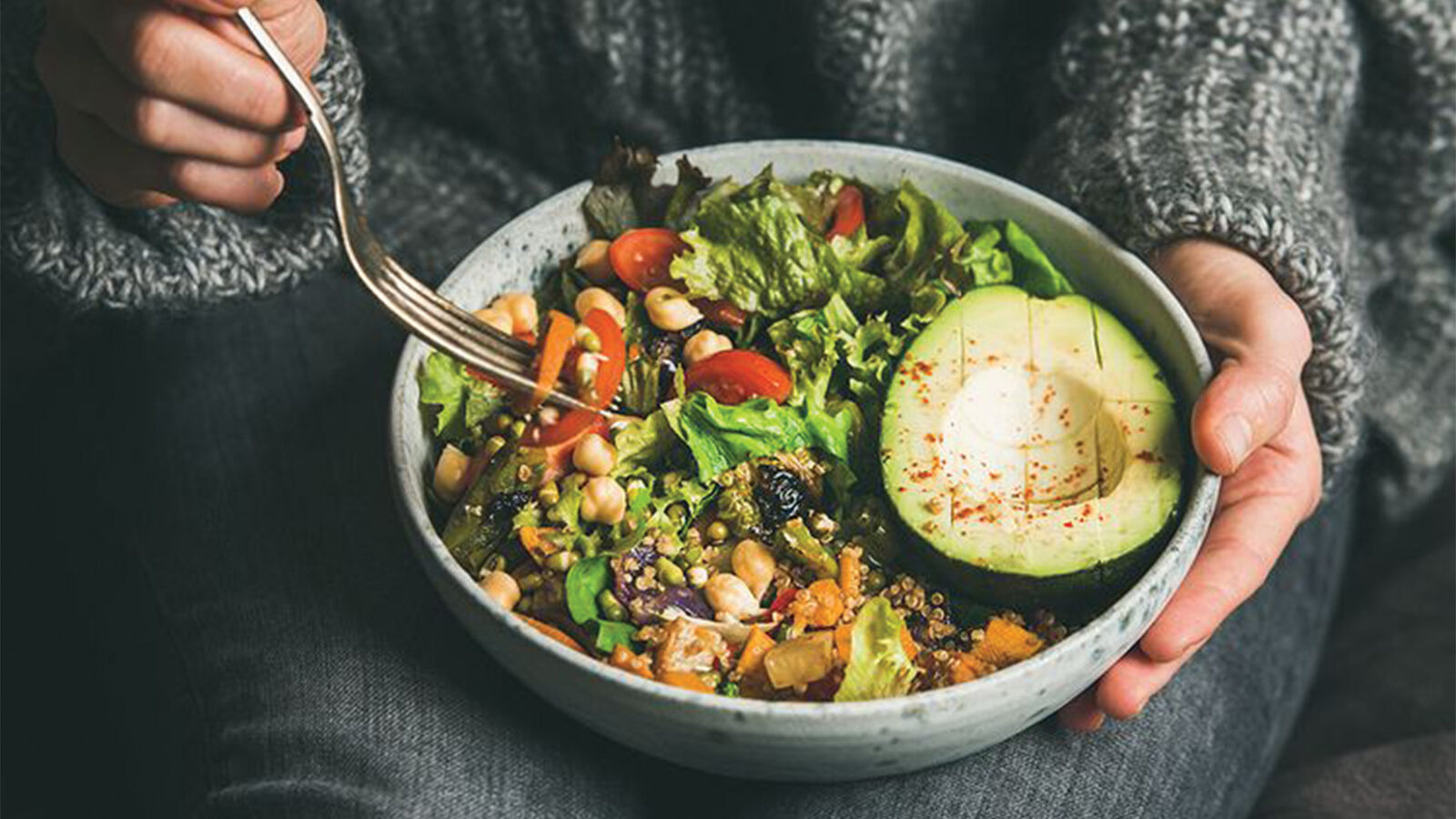Gut health plays a crucial role in supporting our immune system. To put it simply, a healthier gut means you have a better chance of warding off bugs and germs. But why?
Our immune system and our gut microbiota (the bacteria in our gut) work together to create our body’s first line of defence against invaders—preventing harmful bacteria, or pathogens, from living in our gut. In fact, the majority of our immune cells actually live in our gut and help shape the composition of bacteria in our gut.
Our gut bacteria talk to our immune cells, “training” them so they can identify what is a dangerous invader, like a virus, from what is a friendly substance, or even our body’s own cells and tissues.
Our gut bacteria also digest our food, breaking it down into nutrients and metabolites that help trigger a range of functions in our body that are important for good immunity. This includes telling our body how to fight harmful pathogens, stopping the growth of pathogens, and helping to manage inflammation.
So what foods are best for a healthy gut?
Wholegrain breads and cereals—Foods high in wholegrains and cereal fibre help create a healthy gut by increasing diversity of gut bacteria and providing the prebiotics to fuel them. Wholegrains and cereal fibre contain resistant starch and soluble fibres that are digested, or “fermented”, by the gut bacteria.
Fruit and veggies—Fruit and veggies also contain fibres and prebiotics that feed the gut bacteria. Next time you’re at the supermarket add these budget friendly and naturally high in prebiotics fruit and veggies to the list— asparagus, onions, cabbage, apples and pears. Grab some chickpeas and tree nuts while you are there too.
High fibre vegetarian and vegan diets have been shown to create a more diverse range of beneficial bacteria and a more stable environment in the gut, than diets that include a high amount of meat (and may also be lower in fibre). They also contain powerful plant compounds that help to increase bacteria diversity. Specifically, the polyphenols in plant foods increase Bifidobacterium and Lactobacillus–gut bacteria that provide anti-pathogenic and anti-inflammatory effects.
Probiotic foods—Probiotics are found in some yoghurts and fermented plant foods like sauerkraut, kimchi and pickles, and fermented drinks such as kombucha and kefir. Probiotics are beneficial live bacteria or yeasts found naturally in the gut and in some foods. So, while we can increase the diversity of gut bacteria by feeding them well with prebiotics, we can also add more bacteria to our gut with probiotics.
As well as eating a healthy diet, drinking plenty of water, exercising regularly, ensuring you get enough sleep and keeping your stress in check are all factors that influence immunity.
For more information and research references check out the full article on the Sanitarium website.






